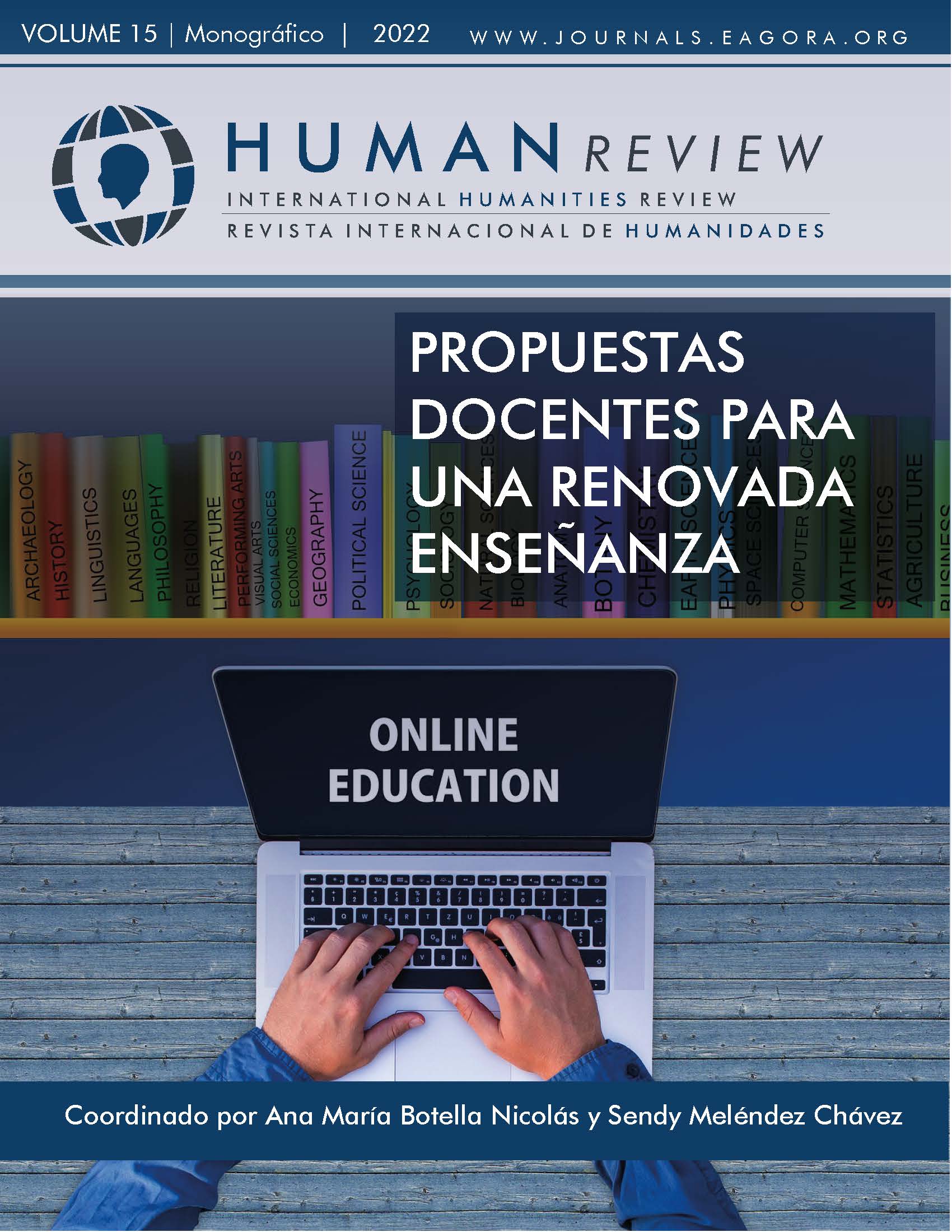Teaching management of PSI a students’ vision throughout the pandemic
Keywords:
Teaching management, PSI, Remote learning, Pandemic, Students’ visionAbstract
Through a survey sent by e-mail to UAMA SAI Engineering students in the context of remote learning courses caused by the pandemic, the teaching management is characterized from the students´ vision, and a diagnosis of related aspects is made. It is a cross-sectional study with a qualitative and descriptive analysis of the responses. The teaching management is affected by factors inherent in the process and external factors. The results show that the teaching management was highly affected by performing the entire process remotely, especially the interaction and communication between student and professor.
References
Area, M. (2018). De la enseñanza presencial a la docencia digital. Autobiografía de una historia de vida docente. España: Revista de Educación a Distancia. 56, (1). http://dx.doi.org/10.6018/red/56/1
Area, M., San Nicolás, M., Sanabria, A. (2018). Las aulas virtuales en la docencia de una universidad presencial: la visión del alumnado. España: Revista Iberoamericana de Educación a Distancia. 21, (2), 179-198. http://dx.doi.org/10.5944/ried.21.2.20666
Becerra, M., González, Y., de Anda, M. (2016). Factores que Inciden en la Deserción Escolar durante el Primer año de Carrera en Ingeniería en Electrónica en una Institución de Educación Superior. Conciencia Tecnológica, (52), 6-11.
Borges, F. (2005). La frustración del estudiante en línea. Causas y acciones preventivas. Digithum, 7.
Catalán, M. (2020). Las adversidades de la docencia Online universitaria y las posibilidades ofrecidas por la plataforma Blackboard. Collaborate. https://doi.org/10.1344/REYD2021.23.33866
CEPAL; UNESCO (2020). Informe COVID-19. UNESCO. Oficina de Santiago
CINDA, Centro Interuniversitario de Desarrollo, (1997). Gestión Docente Universitaria: Modelos Comparados. Red „Cooperación en políticas y mecanismos sobre Docencia Universitaria. Programa de Intercambio Universitario entre la Unión Europea y América Latina ALFA. Chile.
García, L. (2020). Los saberes y competencias docentes en educación a distancia y digital. Una reflexión para la formación. RIED. Revista Iberoamericana de Educación a Distancia, 23(2), 9-30. http://dx.doi.org/10.5944/ried.23.2.26540
Gómez, A., Restrepo, E., Becerra, R. (2020). Fundamentos Pedagógicos para la Creación y Producción de Recursos Educativos Abiertos (REA).
http://doi.org/10.22395/angr.v19n38a3
Keller, F. (1966). Engineering Personalized Instruction in the Classroom. Revista Interamericana De Psicología/Interamerican Journal of Psychology, 1, (3). https://doi.org/10.30849/rip/ijp.v1i3.445
Keller, F. (1968). “Good-bye, teacher...”. Journal of applied behavior analysis, 1(1), 79–89. https://doi.org/10.1901/jaba.1968.1-79
Lyle, G., Spencer, R. (2003). The Personalized System of Instruction: Review and Applications to Distance Education. International Review of Research in Open and Distance Learning. 4(2).
Medina, A. (2019). Economía y educación, dos conceptos determinantes en el desarrollo de la sociedad latinoamericana. Revista Contribuciones a las Ciencias Sociales.
Murray, B. (2001). What Makes Students Stay?. Elearn Magazine.
Quintero J. (2021) Percepción de los estudiantes de la modalidad en línea ante la contingencia sanitaria. revista.universidadabierta.edu.mx
Ramírez I., Jaliri C., Méndez, B., Orlandini I. (2020). Percepciones universitarias sobre la educación virtual. Red de docentes IB. 3(1). 1-6.
Salguero, L. (2008). Gestión Docente y Generación de Espacios Organizacionales en las Universidades. Laurus Revista de Educación, 14(27), 11-32.
Zacarías, J., Salgado, G. (2020). Estudio de la preparación del profesorado en México ante la pandemia de COVID-19 en la transición de enseñanza presencial a virtual o en línea. Revista Paradigma. (Extra 2). 41, 795-819.
Downloads
Published
Issue
Section
License
All articles are published under an Attribution-NoDerivatives 4.0 International (CC BY-ND 4.0) license. Authors retain copyright over their work.

